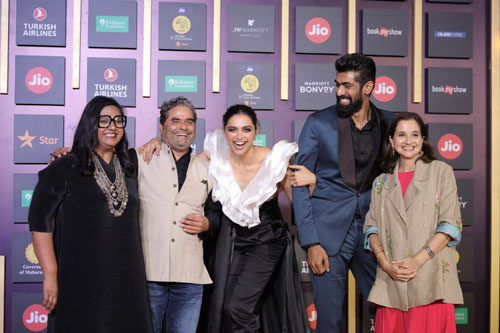
I feel even when cinemas open up, we will retain the online model in addition to it because the reach that it gives us is staggering.” – Smriti Kiran
Le Festival du film de Mumbai est organisé par la Mumbai Academy of Moving Image (MAMI) qui a été fondée en 1997 pour offrir au public le meilleur du cinéma mondial et indien. The Festival and the Indian Film Industry were significantly hit not only by COVID19 but additionally by Cyclone Amphan. “Everything has come to a grinding halt in India,” says Smriti Kiran, Artistic Director of the Festival. “We are in the midst of the biggest humanitarian crisis the country has witnessed.” As India works to find the best ways to move forward and get back to some kind of “normal,” Kiran says the only good thing to come out of the pandemic is that it has brought everyone together. “I hope we are moving towards a kinder, more humane tomorrow.”
La recherche globale pour l'éducation is pleased to welcome Smriti Kiran.
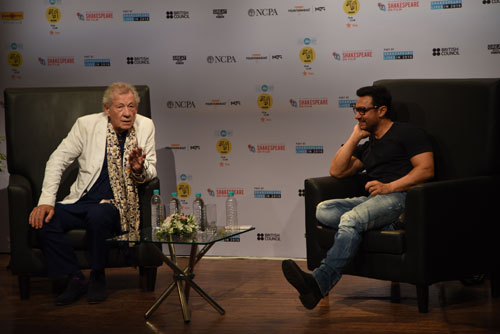
«The challenge and responsibility for us always is to consistently push the different film cultures that co-exist in India and bring to the surface new and exciting voices.” – Smriti Kiran
Smriti, do you think the Mumbai Festival will change or be re-imagined after the pandemic? Would you consider a virtual Festival for next year?
Apart from the annual festival, we also curate and run a robust year round programme. The first step we took during the pandemic was to take the year round programme online by premiering films out of our atelier on our home theatre. These are great films – they have played at the festival but do not have a home on a streaming platform as yet. This has not only given our members around the country an opportunity to watch these brilliant films, it has also renewed interest in these titles so they have begun to get offers from platforms. This is very important for independent filmmakers. We have also taken online our knowledge series, Dial M For Films, that I have curated. We plan to keep doing whatever we can that creates value online till we can actually get back to doing versions of it on ground. But I feel even when cinemas open up, we will retain the online model in addition to it because the reach that it gives us is staggering. As far as the festival is concerned, we are waiting and watching. I feel a festival is inherently an in-person-on-ground-touch-and-feel experience that cannot be created in its full glory online, but we are not ruling anything out. It is too early for us to take any definitive calls.
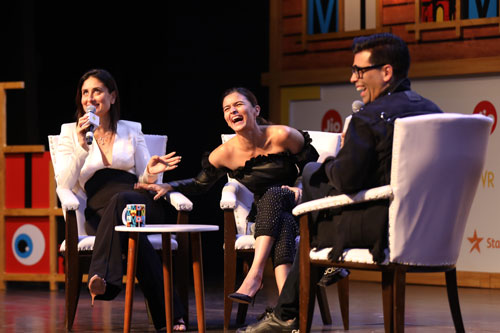
«We all need to have a strong online extension of our programme, a stronger bond with other festivals across the world and a deeper dive into the local film cultures for both talent and films.” – Smriti Kiran
You are participating in the We Are One Global Film Festival. Can you speak about the selection of films you have curated for the Festival?
Eeeb Allay Ooo!, Natkhat, Nasir, and Awake represent urgent, relevant and diverse aspects of India and the world. The apathy towards the migrant workers, the mindless devastation of communal violence, deep-rooted patriarchy, ideas for love and possession will find resonance across continents. The challenge and responsibility for us always is to consistently push the different film cultures that co-exist in India and bring to the surface new and exciting voices.
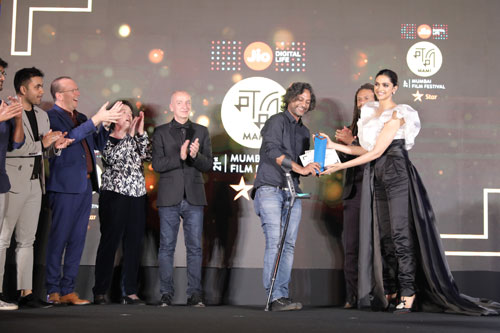
«We will have to hone and sharpen our creating opportunities skills: mentorat, discovering, knowledge sharing, film education, co-productions, distribution, etc." – Smriti Kiran
During this pandemic, we have seen the power that technology has to connect those who have access. Any predictions on how this will impact filmmakers and film festivals for the next 5 ans?
Nobody can afford to be technologically challenged anymore. Tech has been and continues to be our saviour right now. I cannot make sweeping predictions but I can say that India will definitely become a more DIY culture. I hope festivals across the world including ours take it easy when it comes to premiere statuses. We all need to have a strong online extension of our programme, a stronger bond with other festivals across the world and a deeper dive into the local film cultures for both talent and films. The bricks and mortar nature of festivals won’t change, as it shouldn’t. That is what is cherished about these spaces. But we will have to hone and sharpen our creating opportunities skills: mentorat, discovering, knowledge sharing, film education, co-productions, distribution, etc.
Pour plus d'informations sur Jio MAMI Mumbai Film Festival.
All photographs are courtesy of Jio MAMI Mumbai Film Festival.
The Full Schedule for the Nous sommes un: Un festival mondial du film is available ici.
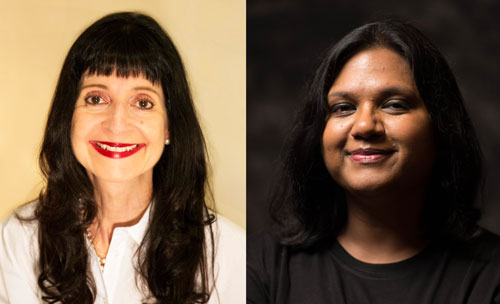
C.M. Rubin and Smriti Kiran
Merci à notre 800 plus contributeurs mondiaux, artistes, enseignants, entrepreneurs, chercheurs, des chefs d'entreprise, étudiants et leaders d'opinion de tous les domaines pour partager votre perspectives sur l'avenir de l'apprentissage avec La recherche globale pour l'éducation chaque mois.
C. M. Rubin (Cathy) est le fondateur de CMRubinWorld, un en ligne maison d'édition axée sur l'avenir de l'apprentissage mondial, et le co-fondateur de Planet Classroom. Elle est l'auteur de trois best-sellers livres et deux séries en ligne largement lues. Rubin a reçu 3 Upton Prix Sinclair pour «The Global Search for Education». Les séries, lequel défenseurs de la jeunesse, a été lancé en 2010 et rassemble des leaders d'opinion distingués du monde entier pour explorer la clé problèmes d'éducation auxquels sont confrontés les nations.
Suivez C. M. Rubin sur Twitter: www.twitter.com/@cmrubinworld

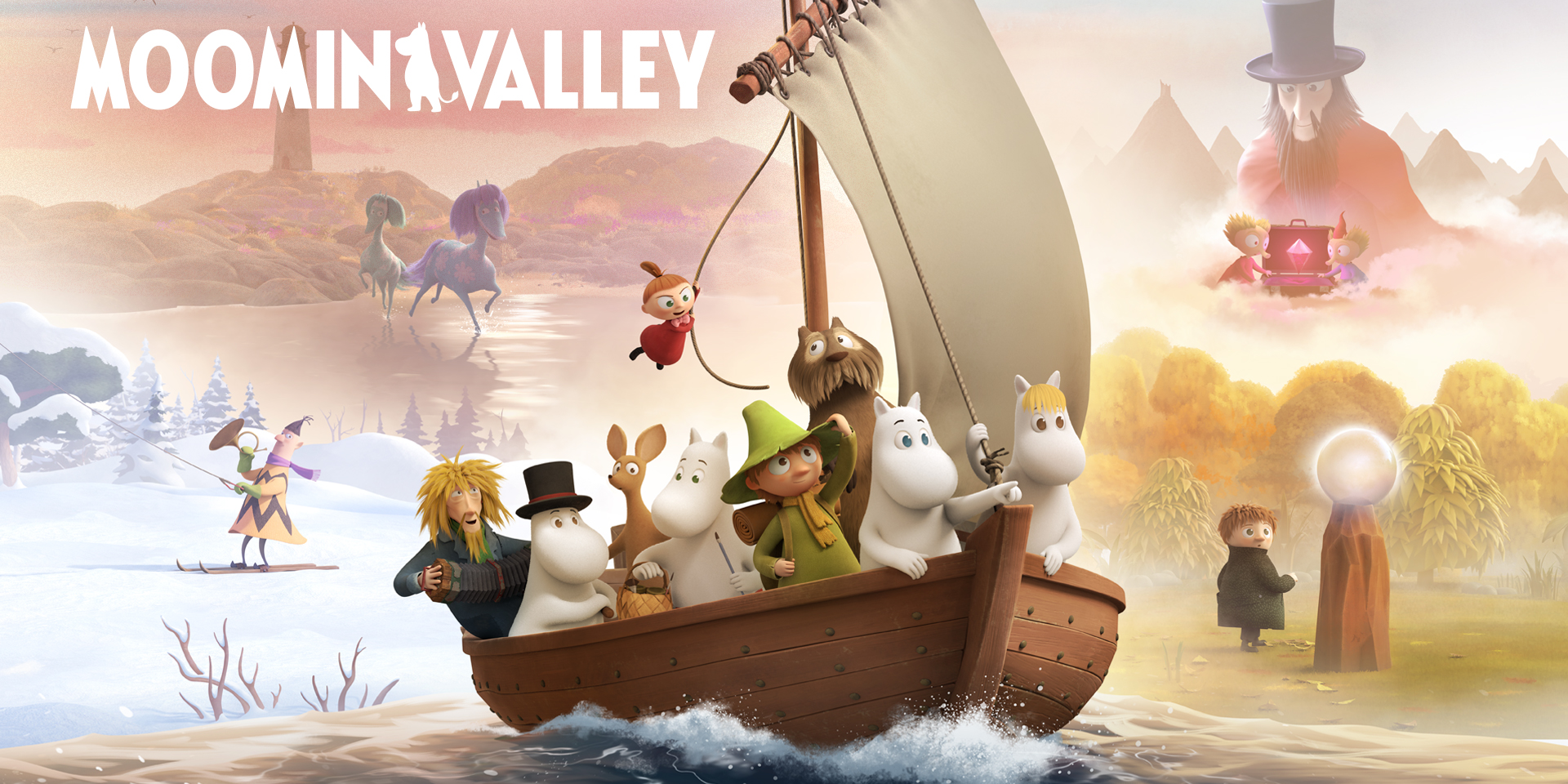

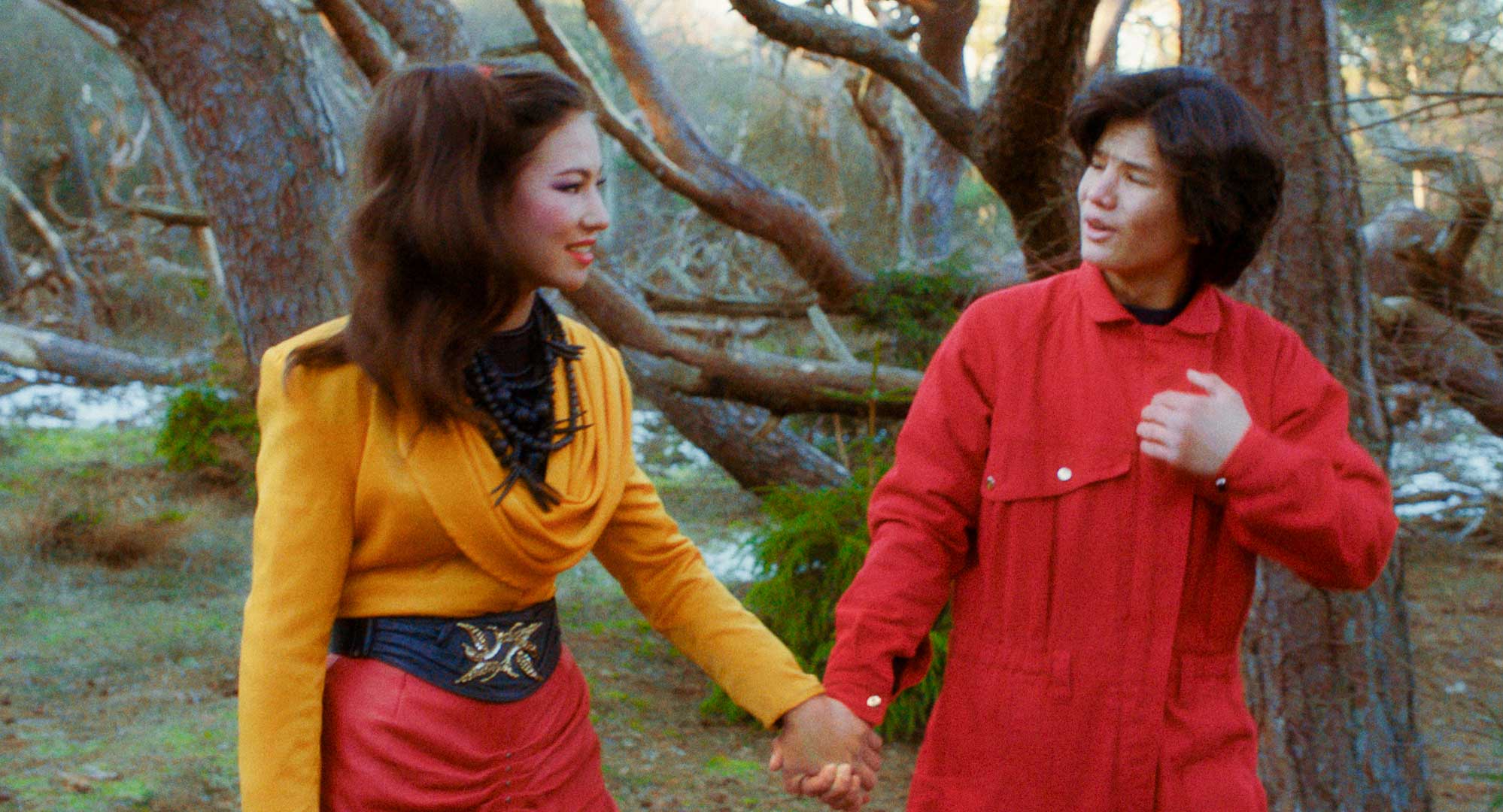

Commentaires récents